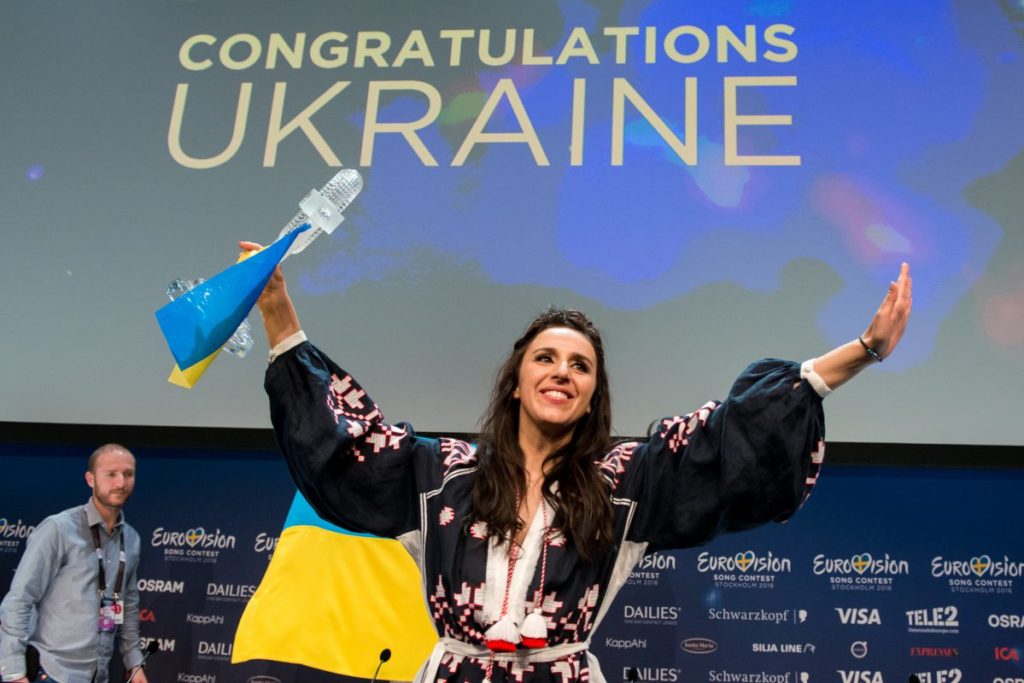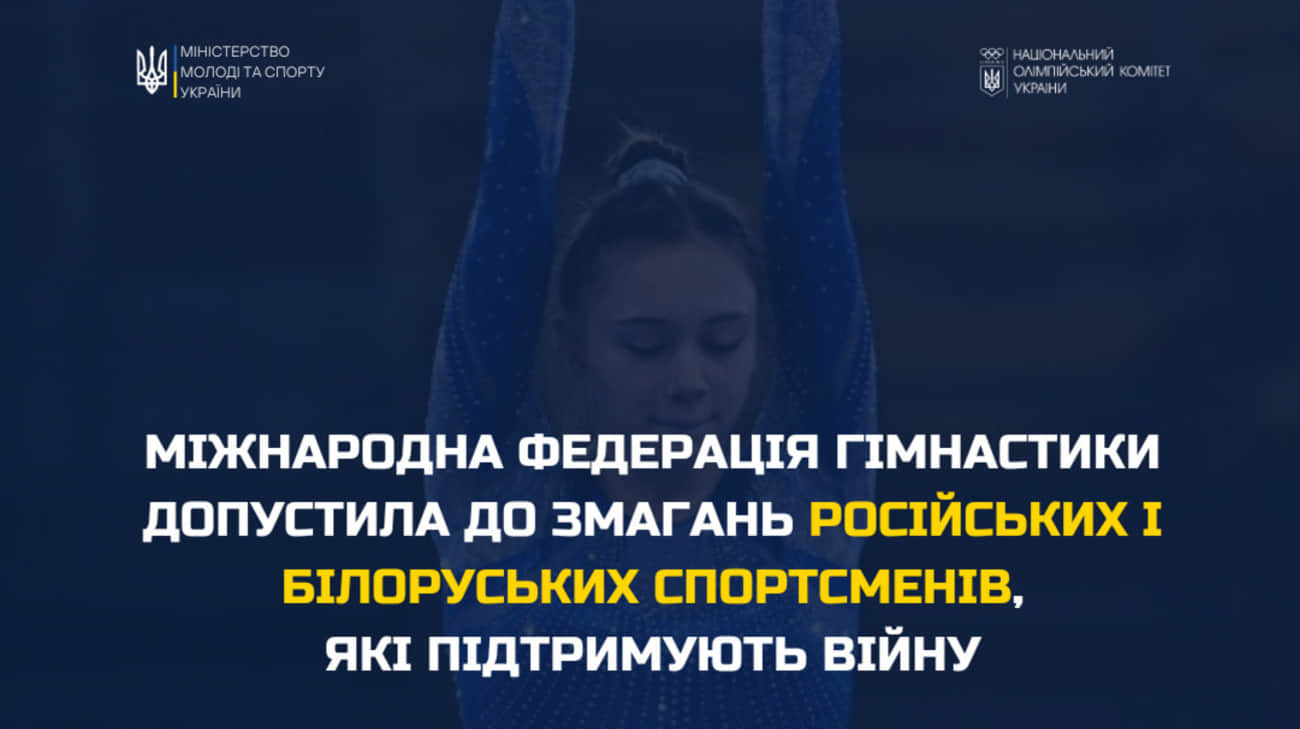Russian occupation authorities seize Eurovision winner Jamala’s home in Crimea
In 2024, Jamala's album QIRIM, which preserves traditional Crimean Tatar songs, has been recognized with Ukraine's highest cultural honor.


Russians seized the house of Ukrainian singer Jamala, who won the Eurovision Song Contest 2016 with her song “1944”, in occupied Crimea.
Earlier, Russian authorities announced plans to seize the property and assets of 110 Ukrainian individuals and legal entities who “carry out unfriendly actions towards Russia,” including Jamala, according to the Human Rights Center ZMINA.
The invaders initiated a criminal case against Jamala, and she was put on the wanted list for spreading “fake information about the Russian Armed Forces.”
“They took the house!.. They are taking what my parents lived for. What they worked so hard on and built with their own hands, sweat, and blood. They took it not even from me, but from my parents. All I can do is not stay silent. I will not be silent,” Jamala wrote on social media.
She also said that the occupiers also searched through her parents’ belongings and family archives.
“If there is justice in the world, Russia will answer for everything. For all our tears, for our relatives and friends, for our homes, for our land,” the singer added.
In 2024, Ukrainian and Crimean Tatar singer Jamala became a laureate of the Taras Shevchenko National Prize 2024. This prize, awarded since 1961, is Ukraine’s highest state award for works of culture and the arts.
According to the President’s Office of Ukraine, she was awarded for her album of traditional Crimean Tatar songs, QIRIM Ukraine.
The album consists of 14 songs the singer and her team collected from various parts of the peninsula. The official release website features an interactive map where anyone can listen to a song, read its lyrics, and learn its history.
The work on the album took years, but with the start of the full-scale invasion, its fate was left hanging, as the already completed album had to be left in the Kyiv region under shelling.
You could close this page. Or you could join our community and help us produce more materials like this.
We keep our reporting open and accessible to everyone because we believe in the power of free information. This is why our small, cost-effective team depends on the support of readers like you to bring deliver timely news, quality analysis, and on-the-ground reports about Russia's war against Ukraine and Ukraine's struggle to build a democratic society.
A little bit goes a long way: for as little as the cost of one cup of coffee a month, you can help build bridges between Ukraine and the rest of the world, plus become a co-creator and vote for topics we should cover next. Become a patron or see other ways to support.


